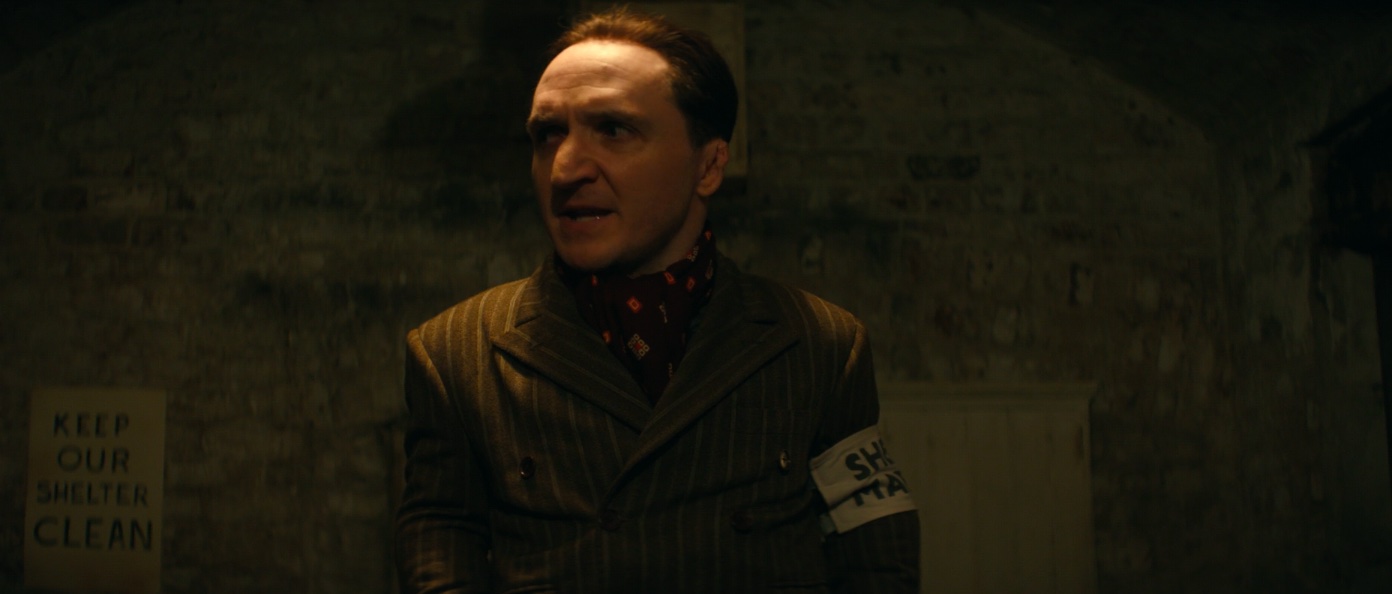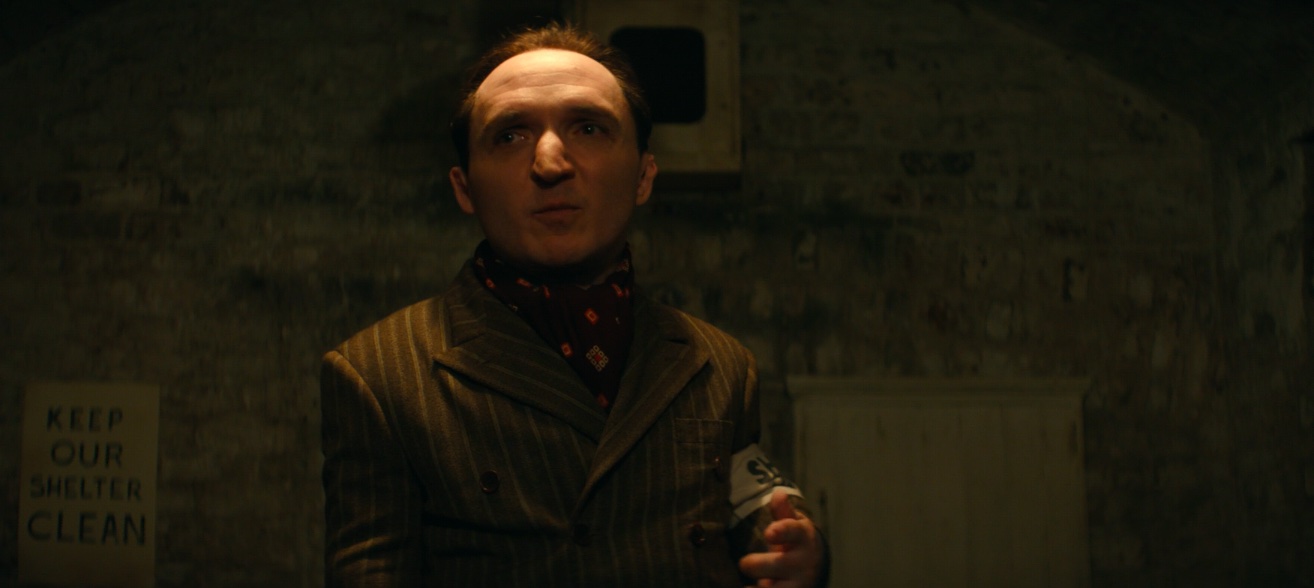Apple TV+’s ‘Blitz’ follows the story of a 9-year-old boy named George Hanway, who is put on a train by his mother to leave London and stay in the countryside until the danger of the Nazi bombings is over. Shortly into the journey, George decides that he wants to be with his family and jumps off the train to find his way back to his house in London. Through his journey, we get a glimpse of the destruction that London faces under the Nazi bombs, but we also see the resilience of the people who fight to survive against all odds. Through the film, director Steve McQueen wanted to highlight the contribution of the people who have been forgotten or ignored in Hollywood’s representation of history. Mickey Davies, played by Leigh Gill, is one of those people.
Mickey Davies Changed the Way the Government Handled Bomb Shelters
Mickey Davies was born on April 22, 1910, in Stepney in the East End of London. Reportedly, due to a spine defect from birth, he grew only to the height of 4 ft. 6 in. He worked as an optician and was happily married to a woman named Doris, with whom he lived in Spitalfields. On September 13, 1940, when the Nazis bombed the city, Mickey’s business was one of the places that were completely destroyed. The regular bombardments forced people to seek shelters during the raids, and Mickey and his wife sought one in a shelter located beneath the London Fruit and Wool Exchange on Brushfield Street.

Once there, Mickey saw that the shelter was overcrowded (exceeding double its capacity) and had no amenities or order to keep the people calm and composed in an already chaotic situation. At the time, the government hadn’t come up with any particular order of its own, so Mickey took charge of the bomb shelter he was in and decided to change things. To keep things working smoothly and ensure that everyone was taken care of, a shelter committee was formed, and Mickey was elected the leader. He took his job seriously and quickly came up with ways to arrange things and people so that everyone was comfortable and not cramped and suffocated. The cleanliness and sanitation of the shelter were made a top priority.
Mickey helped set up medical units to take care of the wounded while also organizing groups to handle specific tasks. He made sure that people were working with and not against each other and that everyone was provided with basic needs. Reportedly, he also helped install a canteen in the shelter and even got around to having electricity installed in some shelters. Later, he was given the responsibility of running another shelter in the crypt of Christ Church, which happened to be just across the road. In between them, the two shelters had thousands of people who would seek refuge there during air raids, and Mickey felt responsible for them all.
Mickey had already been a popular figure before the war, but his leadership qualities, his connection with the populace, and his care and concern for the general public came into the limelight during the war. When the war was over, Mickey turned toward politics. He joined the Labor Party. In 1949, he was elected to Stepney Borough Council. Later, he was appointed the Deputy Mayor of London. His political career looked bright, and everyone believed that he would have climbed the ladder even further if it hadn’t been for his untimely death in 1954 due to complications from surgery. Despite his significant contributions, Mickey has remained an obscure figure, rarely, if ever, mentioned in popular media. With ‘Blitz,’ McQueen wanted to change that and turn Mickey into the household name that he deserves to be.
Read More: Blitz: Does Ife Die? Is He Based on a Real WWII ARP Warden?


You must be logged in to post a comment.